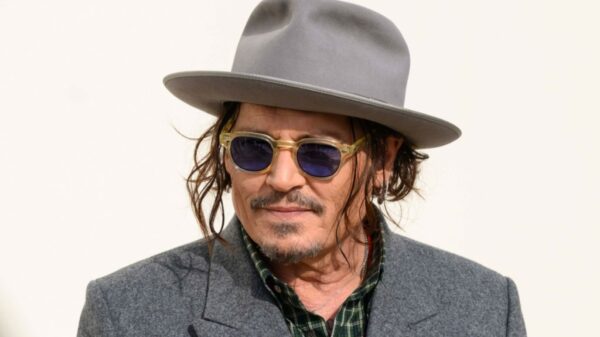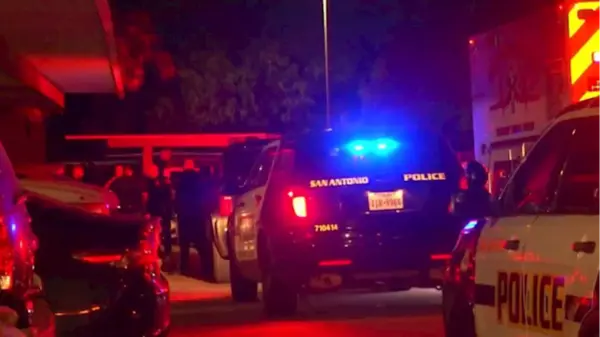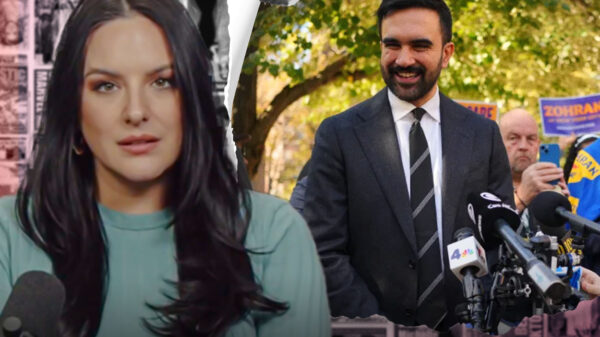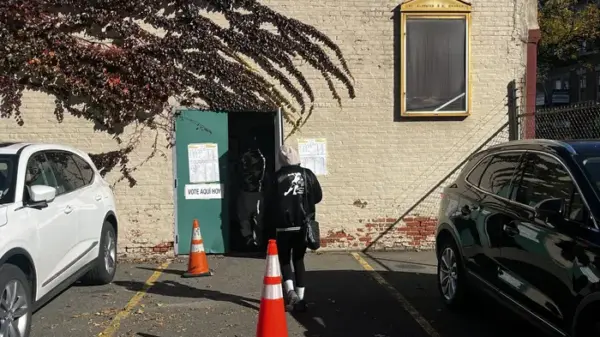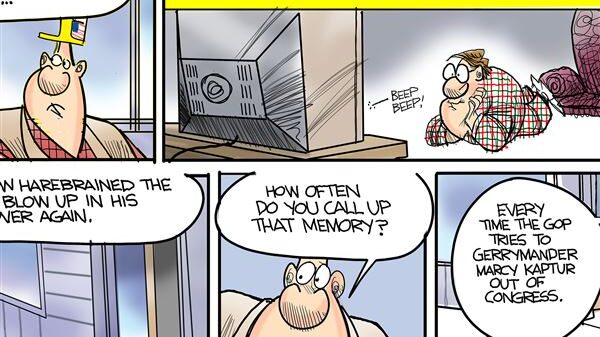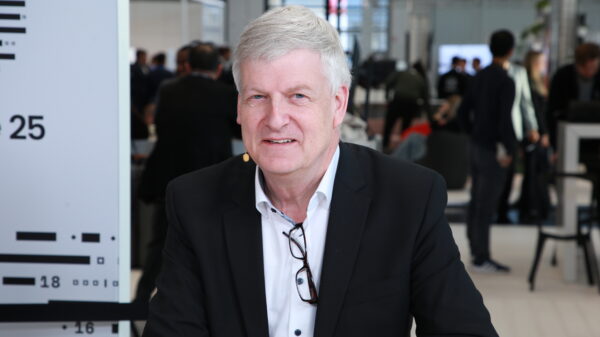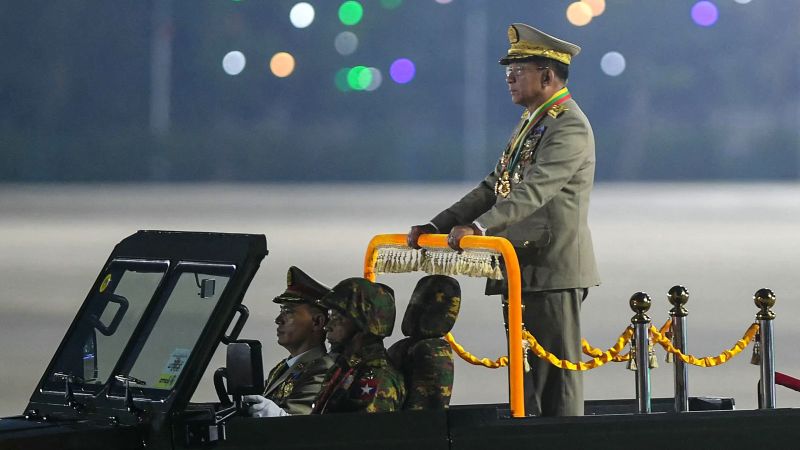The military junta in Myanmar has welcomed a letter from former US President Donald Trump announcing new tariffs on the country’s exports, interpreting it as a form of recognition despite international isolation. The letter, sent to Senior General Min Aung Hlaing on July 31, 2023, states that a new tariff rate of 40 percent will be imposed on Myanmar’s exports to the United States starting August 1, 2023.
State media Global New Light of Myanmar reported that General Hlaing expressed sincere appreciation for the letter, viewing it as an “encouraging invitation” to engage with the US economy. The junta has faced substantial criticism and sanctions from Western nations, including the US, the United Kingdom, and the European Union, which have refused to recognize its legitimacy following the military coup that ousted the democratically elected government in 2021.
In the five years since the coup, Myanmar has descended into a civil war, with pro-democracy fighters and ethnic rebel groups clashing with the military. The United Nations and various human rights organizations have accused the military of committing war crimes in its efforts to maintain control. As a result of this turmoil, diplomatic relations have severely deteriorated, with most Western countries reducing their presence in Myanmar.
Despite these challenges, General Hlaing framed Trump’s letter as a potential opening for dialogue. He stated he could send a high-level negotiation team to the US “as quickly as possible” to discuss matters with relevant authorities. Hlaing also urged the US to reconsider its economic sanctions, arguing that they hinder mutual interests and prosperity for both nations.
The general took the opportunity to praise Trump, commending his leadership and perceived patriotism. He acknowledged Trump’s efforts in regulating broadcasting agencies, alluding to funding cuts to independent news outlets such as Radio Free Asia and Voice of America, which have been critical voices in Myanmar’s media landscape. Hlaing’s acknowledgment of these cuts highlights the junta’s ongoing struggle against external narratives that challenge its authority.
In a controversial move, Hlaing drew parallels between the alleged electoral fraud in the 2020 US elections and the military’s claims of irregularities during Myanmar’s 2020 elections, which were won by Nobel laureate Aung San Suu Kyi and her party, the National League for Democracy. International observers had deemed the elections largely free and fair, but the military’s accusations of fraud provided a pretext for its coup. Since the takeover, Suu Kyi has been incarcerated and is serving a 27-year sentence following a trial widely criticized as unfair.
As the junta navigates its precarious position, the letter from Trump represents a complex opportunity. While it does not alter the US’s official stance on the junta, it provides a moment for Hlaing to assert legitimacy in a landscape marked by international condemnation and domestic unrest.
The situation in Myanmar remains fluid, and the implications of Trump’s tariff letter could evolve as international dynamics shift. As the junta continues to grapple with its internal challenges, the world watches closely, awaiting any signs of change or further entrenchment.



